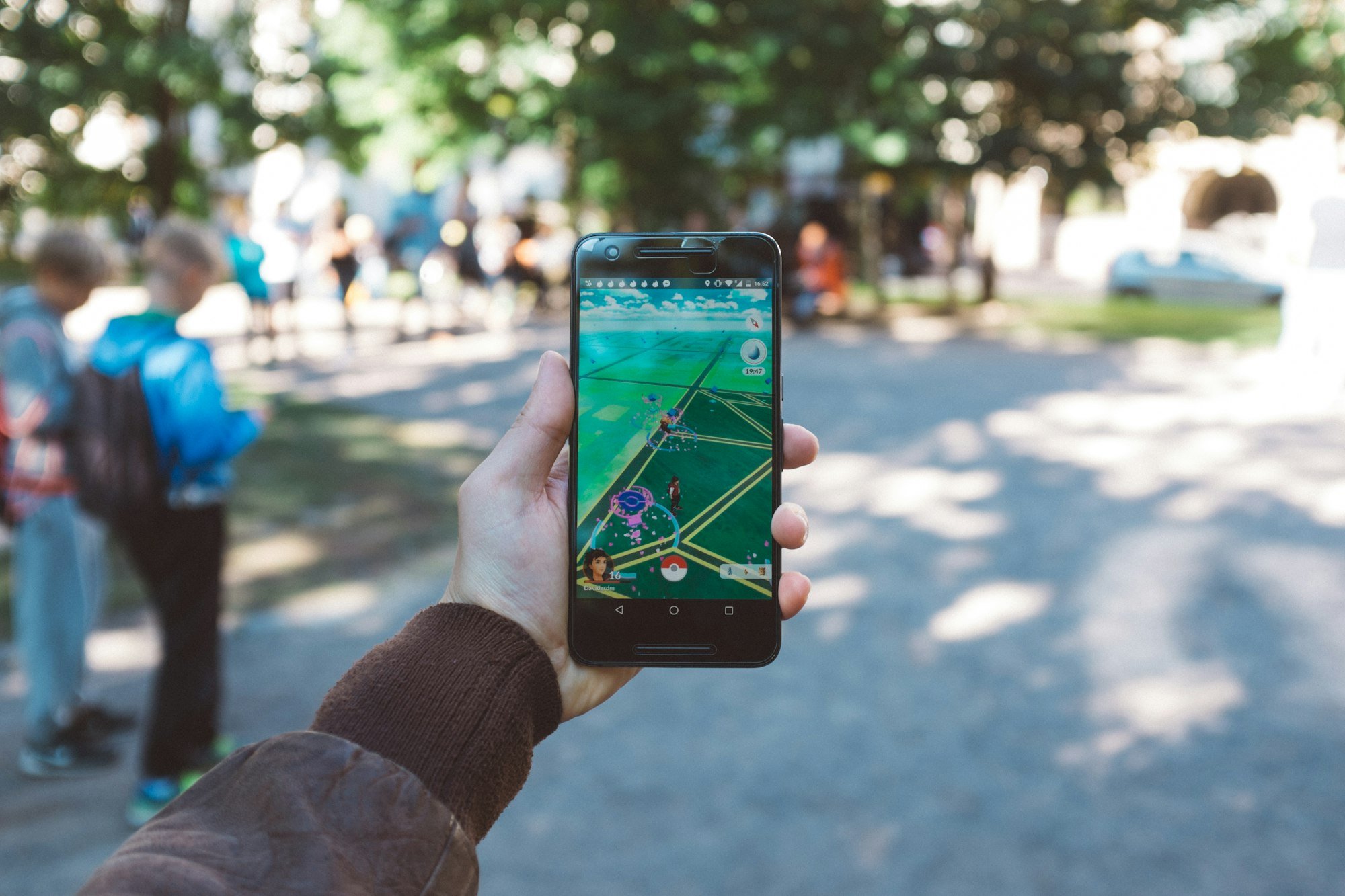- cross-posted to:
- technology@beehaw.org
- cross-posted to:
- technology@beehaw.org
Niantic, the company behind the extremely popular augmented reality mobile games Pokémon Go and Ingress, announced that it is using data collected by its millions of players to create an AI model that can navigate the physical world.
In a blog post published last week, first spotted by Garbage Day, Niantic says it is building a “Large Geospatial Model.” This name, the company explains, is a direct reference to Large Language Models (LLMs) Like OpenAI’s GPT, which are trained on vast quantities of text scraped from the internet in order to process and produce natural language. Niantic explains that a Large Geospatial Model, or LGM, aims to do the same for the physical world, a technology it says “will enable computers not only to perceive and understand physical spaces, but also to interact with them in new ways, forming a critical component of AR glasses and fields beyond, including robotics, content creation and autonomous systems. As we move from phones to wearable technology linked to the real world, spatial intelligence will become the world’s future operating system.”
By training an AI model on millions of geolocated images from around the world, the model will be able to predict its immediate environment in the same way an LLM is able to produce coherent and convincing sentences by statistically determining what word is likely to follow another.
It’s almost like listening to my crazy rants predicts the future.
Hope you guys don’t have those loyalty rewards cards to grocery stores or pharmacies. Oh, who am I kidding? All of you do.
Hope you guys don’t have those loyalty rewards cards to grocery stores or pharmacies. Oh, who am I kidding? All of you do.
Does it count if they’re all just copies of someone else’s cards?
I mean, good luck shopping without them. All shops artificially inflate the prices without them and then act like you’re getting a huge discount. For example, Tesco, as much as 100% price increase without their loyalty card, and most products have some. At least a 25% price increase.Yeah, I just stopped buying products.
Eh, my store doesn’t require using the loyalty card to get discounts, the loyalty card is only useful for gas discounts, which I’m not going to use anyway because I already get decent discounts on Costco gas. So I don’t bother w/ the loyalty card because screw that noise.
If a store requires a loyalty card for competitive prices, I shop at a competitor that doesn’t require that BS, or I use my parents’ phone number or something.
One creepy thing though is that banks can still track my transactions because I tend to use the same card. I bought something at Home Depot the other day and opted for the emailed receipt (needed to apply for a rebate), and I didn’t have to enter my email in because they recognized my card and linked it to another time when I had them email a receipt (or maybe it was an online account for delivery). So in response, I try to cycle which card I use at a given store so they hopefully don’t associate my data, but I think purchases are tied to my name, so it probably still happens.
Jenny’s number: (area code) 867-5309
Of course it probably doesn’t matter if you also use a credit card to make the purchase - every single purchase is fed into your personal consumer profile.
In some cases you trade the purchase history information for the 2% cash back or whatever.
You can also use a service like privacy.com to get credit card numbers for online services for a modicum of privacy.
Yup. I just purchased something from Home Depot and opted for the emailed receipt (needed for a rebate), and they didn’t ask for my email because they could look it up from my credit card (must have used the same card to order something online). In fact, I wouldn’t be surprised if they get the card owner’s name as well, so it might not matter which card you use.




